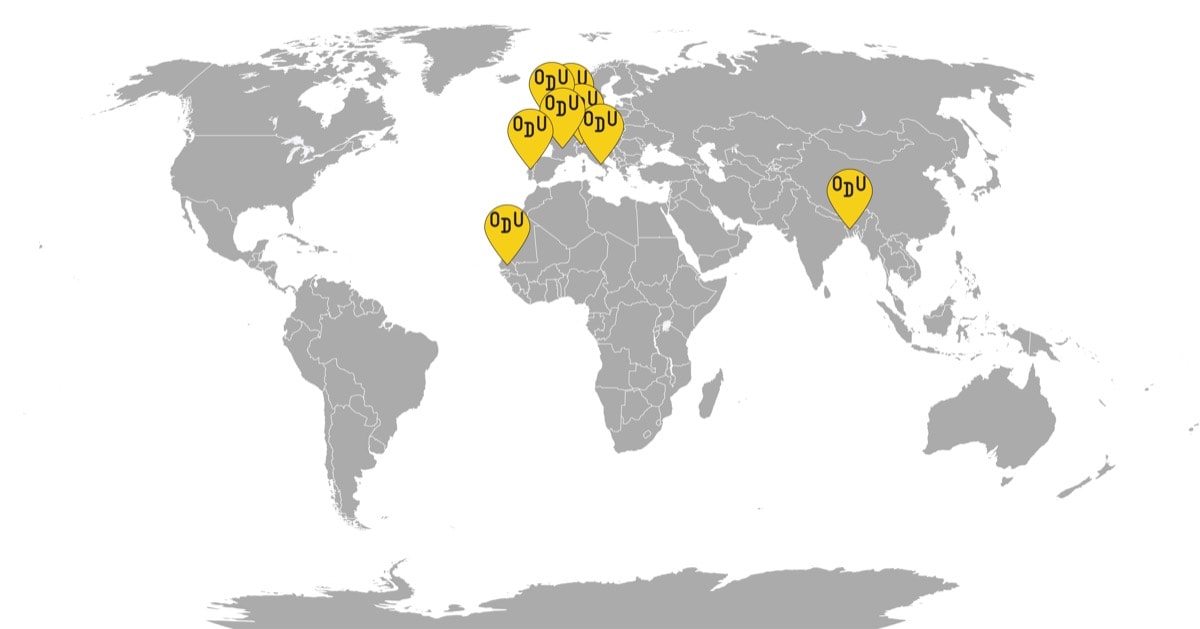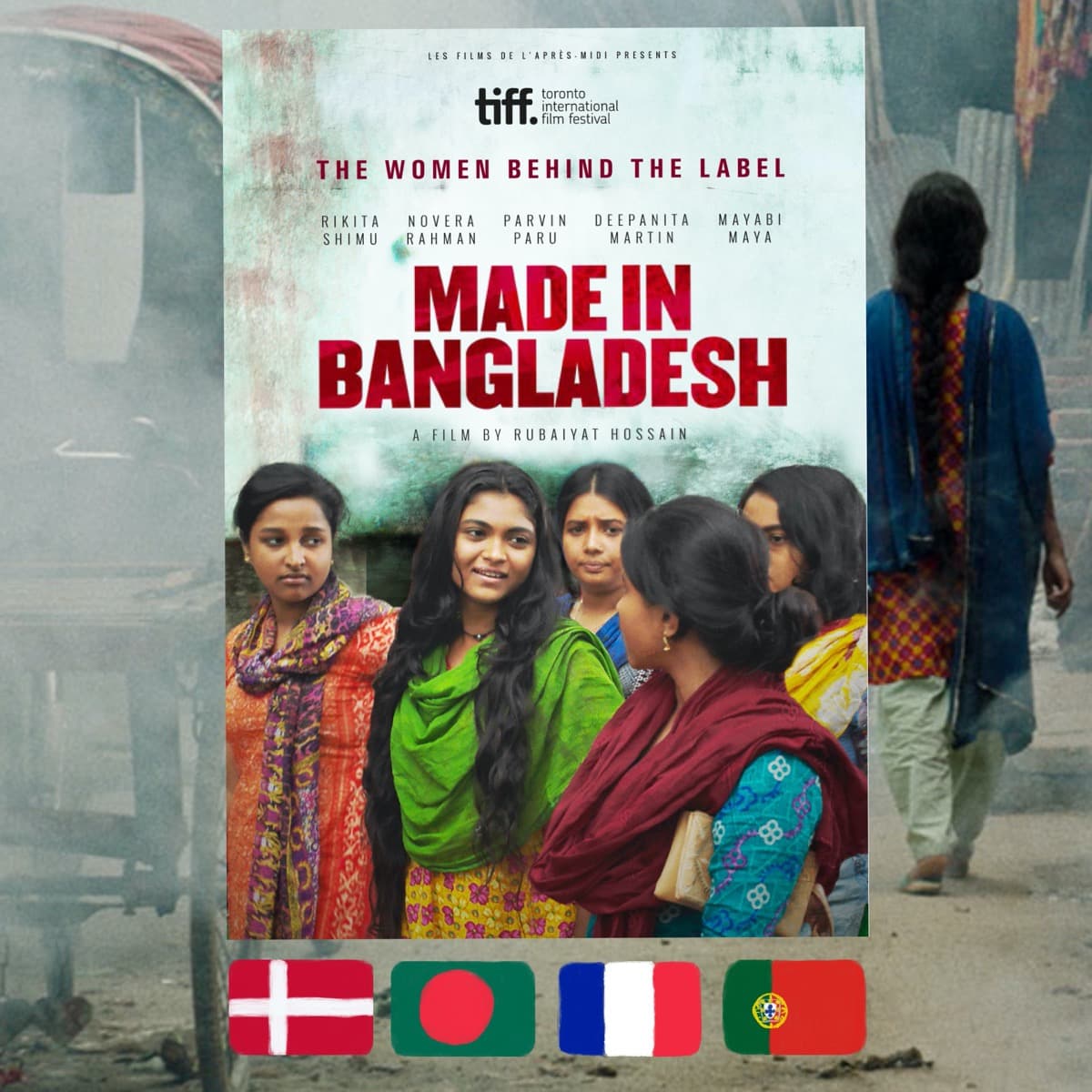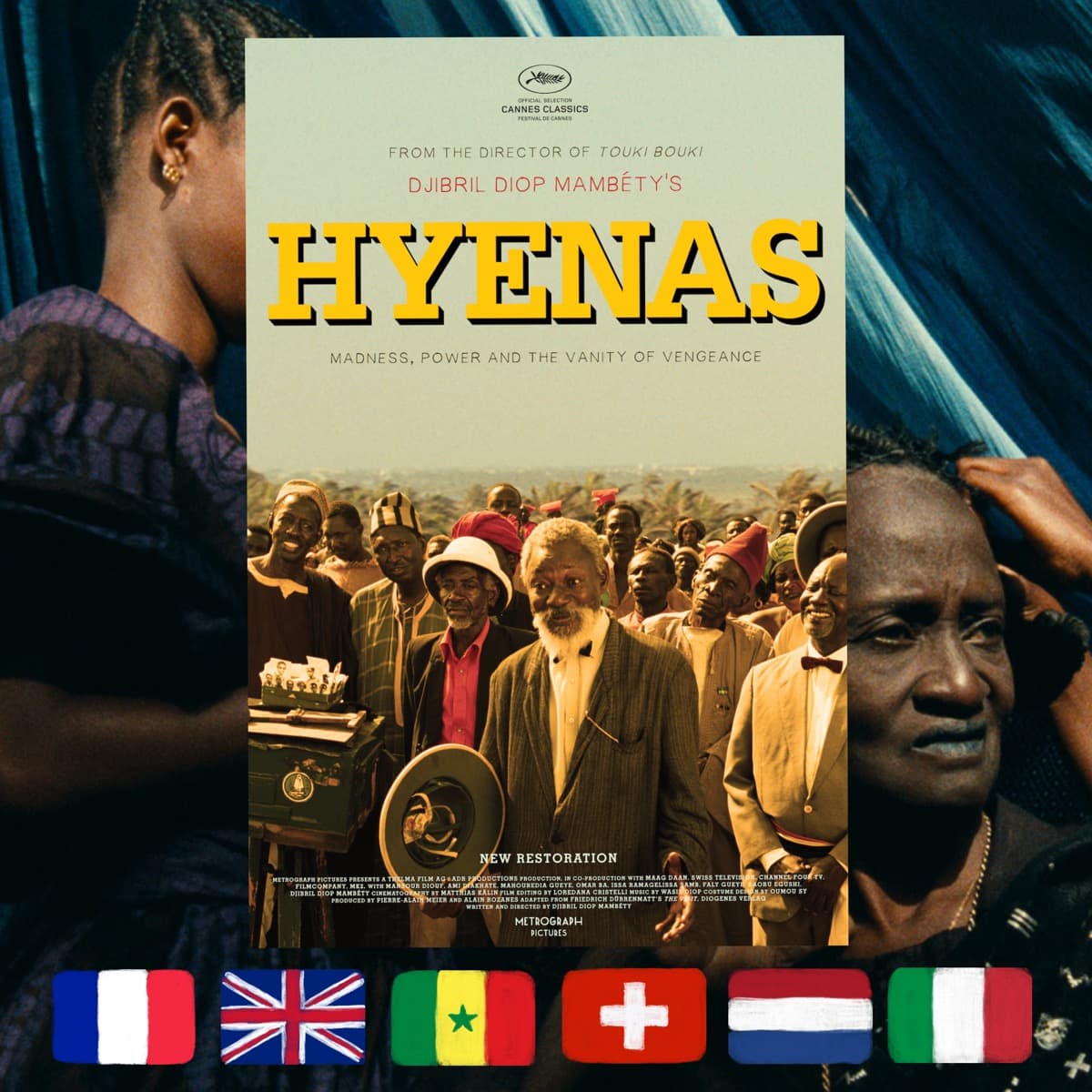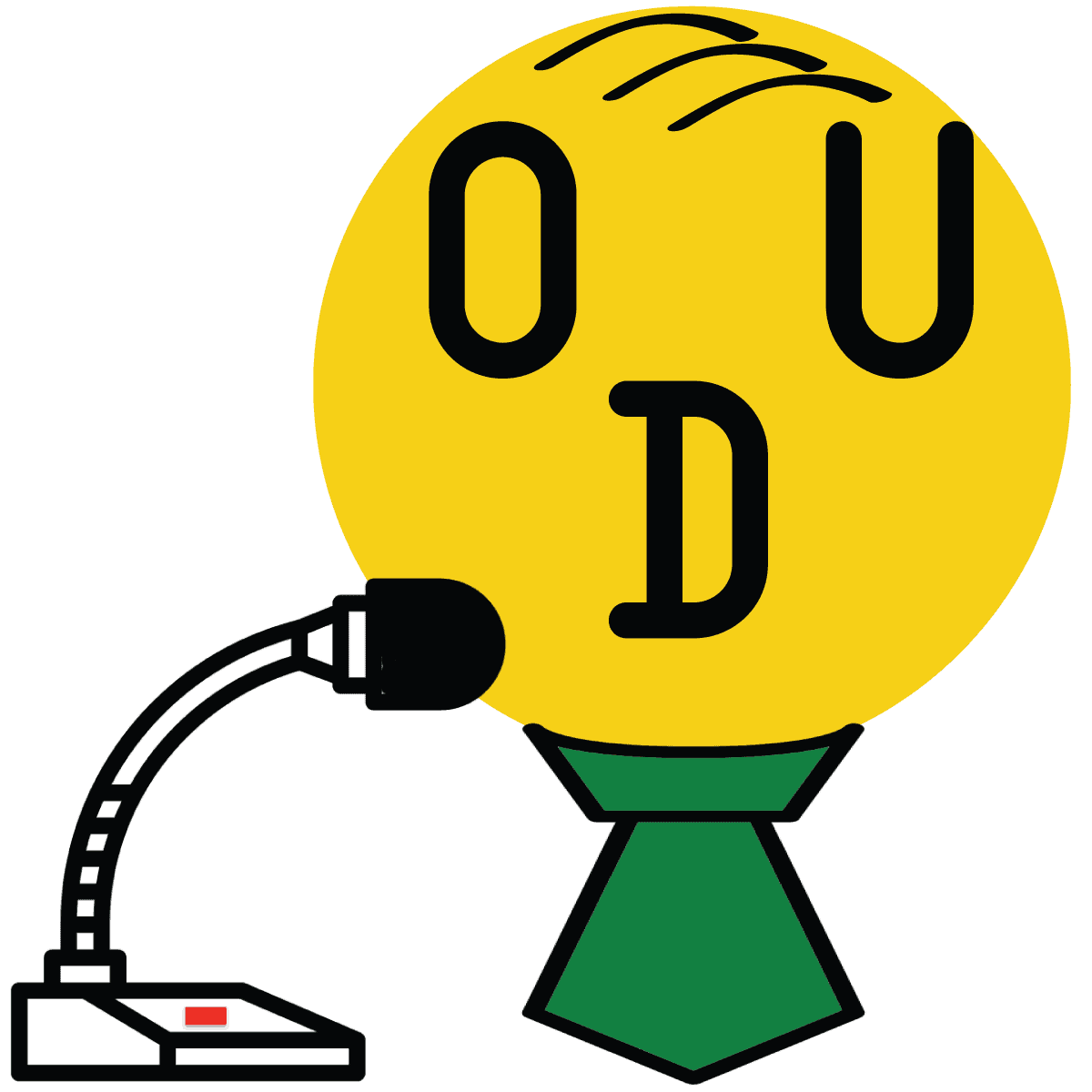There is a Russian saying: “my finances are singing romances”
It roughly means: money is so tight, it has no other recourse but to start singing sad songs.
And ain’t that the truth as we enter the world’s deepest recession in recent history, with all the countries in a deep slump.
Who even knows what will happen if the so-called “second wave” of the coronavirus comes?
As we nervously await the future, we explore some issues that deal with capitalism, markets and money.
Issues that are inextricable from the issues of class and colonialism, as usual.
Here’s the map of our (no) money trail:

As the Black Lives Matter protests have taken on a mighty new leap in the aftermath of George Floyd’s murder, we’ve been thinking about the inevitable commercialization of the movement. Just like Pride previously evolving into Rainbow Capitalism, BLM has become a cause for large companies to profit off, for celebrities to market themselves, and for grifters and pundits to leech off. What’s the antidote? We think it’s organizing, joining grassroots movements instead of just using fashionable slogans, and supporting indie Black artists and makers. And we have just the collection of reviews for that: our Black Art Matters selection.
A section dedicated to Black—as in African, African-American, Caribbean, and Aboriginal Australian—creators and protagonists. From Burundi to the Torres Strait Islands, from Guyana to North Carolina: we stand in solidarity and awe of our Black makers.
The commodification of a movement often comes with the merchandise. Politics don’t seem real unless you put them on a protective mask or a coffee thermos. So now, the circle of consumption is also politicized, and the need to buy becomes an ideological necessity. But where does all the stuff that’s so abundant in our lives come from? “Made in Bangladesh” is a film about garment workers in Bangladesh that shows the real face of unrestricted consumption. This narrative about a child bride turned union leader at her factory is based on the real story of a Bangladeshi woman, and will keep you on the edge of your seat.
FROM BANGLADESH, FRANCE, DENMARK and PORTUGAL:
Worker Exploitation and Misogyny: Where the Real Looting Happens in the Retail Industry—’Made in Bangladesh’, dir. Rubaiyat Hossain, 2019
A sizzling drama about a feminist uprising and union organizing at a garment factory in Dhaka puts the necessary spotlight on the exploitation of labor of which many consumers remain oblivious

Now that many countries are in deep recession or approaching it, the solution for many will be to take out loans, for instance, from the World Bank or the IMF. But what additional costs exist for a state that needs to go down this path? Although set as an allegory, “Hyenas,” by the incomparable Djibril Diop Mambéty, tells of the corruption that happens within a society when the promises of capital are in direct conflict with the accepted moral norms. It’s an incredibly funny, fascinating, and fabulously stylized film. However, it will leave you with a heavy heart, as an ominous precursor of new leaps of colonization, accomplished through checks and credit lines.
FROM SENEGAL, SWITZERLAND, FRANCE, UK, NETHERLANDS and ITALY:
A Senegalese Village, Swiss Drama and a Masterful Critique of Globalization From Senegal’s Finest Filmmaker—’Hyenas’, dir. Djibril Diop Mambéty, 1992
An anti-neocolonialist gem from legendary Mambéty: human nature and capitalist indoctrination are under scrutiny when a billionaire agrees to give money to her struggling hometown—on her terms
In 2020, the world may seem different from what it was a hundred years ago, but is anything changing?
The poor are becoming poorer. The rich are becoming richer. The economies are depressed.
And while our sense of what’s right and wrong seems to have evolved, the tendency to forego what’s right and concentrate on what’s lucrative is too often justified.
When the pandemic started, and whole regions were being shut off, we thought that the economic impact on a world already suffering more than enough would be felt immediately.
And that the damage caused will be drastic, but perhaps, it would also help make the world more equal.
Now, roughly half a year later, the effects are felt, but how this will change the world remains to be seen.
We’re waiting, patiently, listening to the sad songs coming from our pockets.
Hope you enjoy Supamodu and feel compelled to forward this email to your friends.
Please note that we also have an archive of our previous newsletters on our website. Check it out.
Thank you for being with us! 💛
— Katya Kazbek,
editor-in-chief














